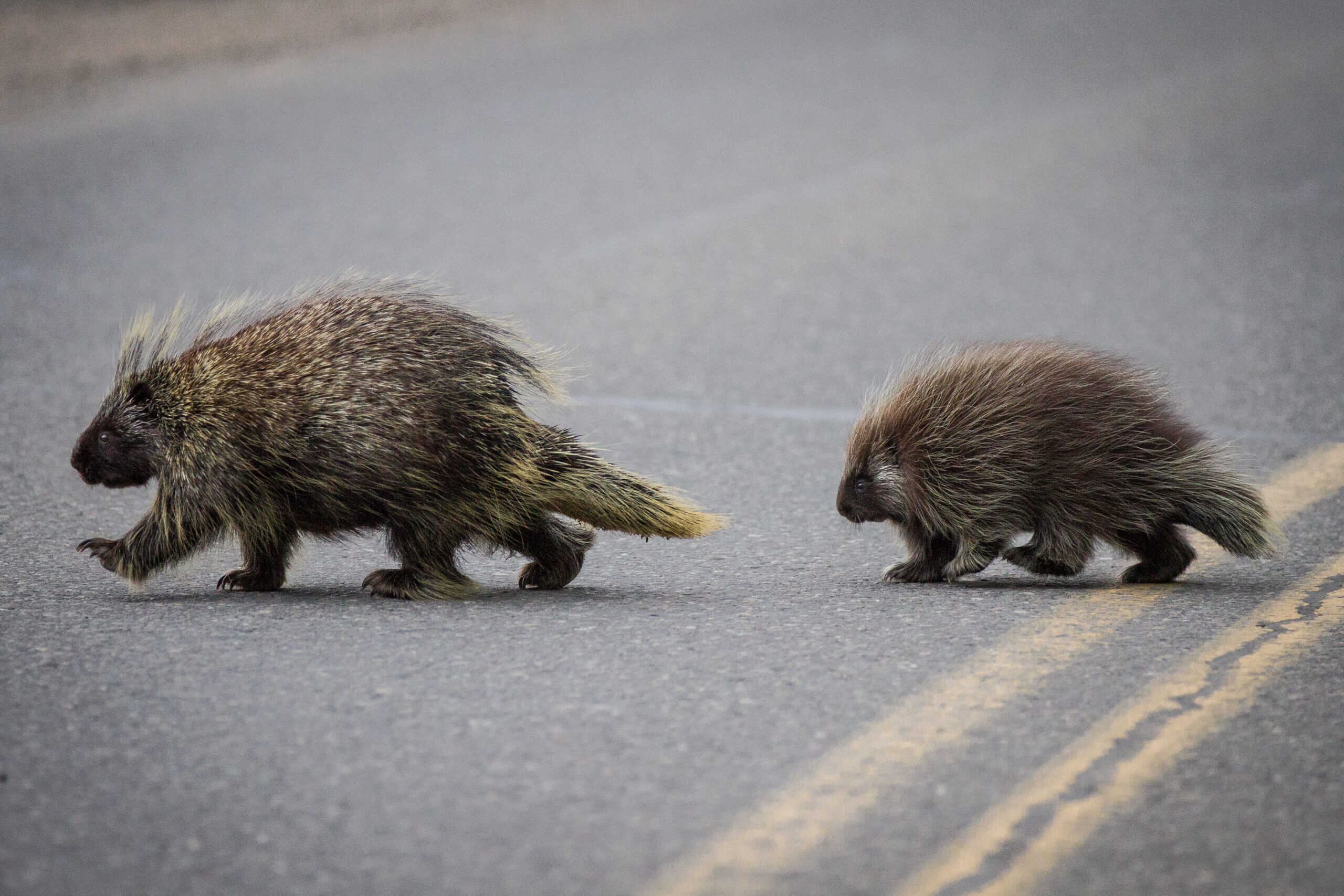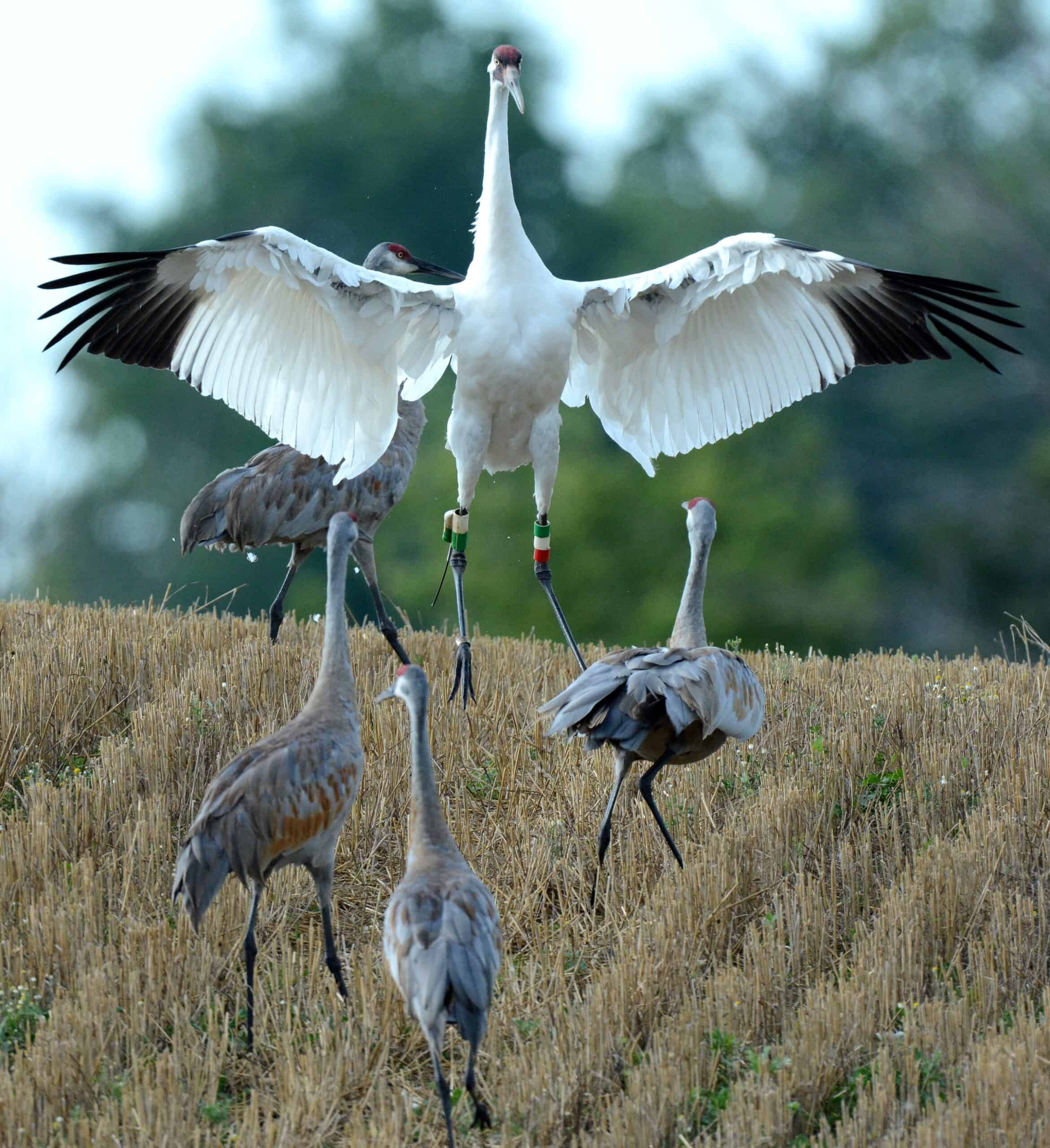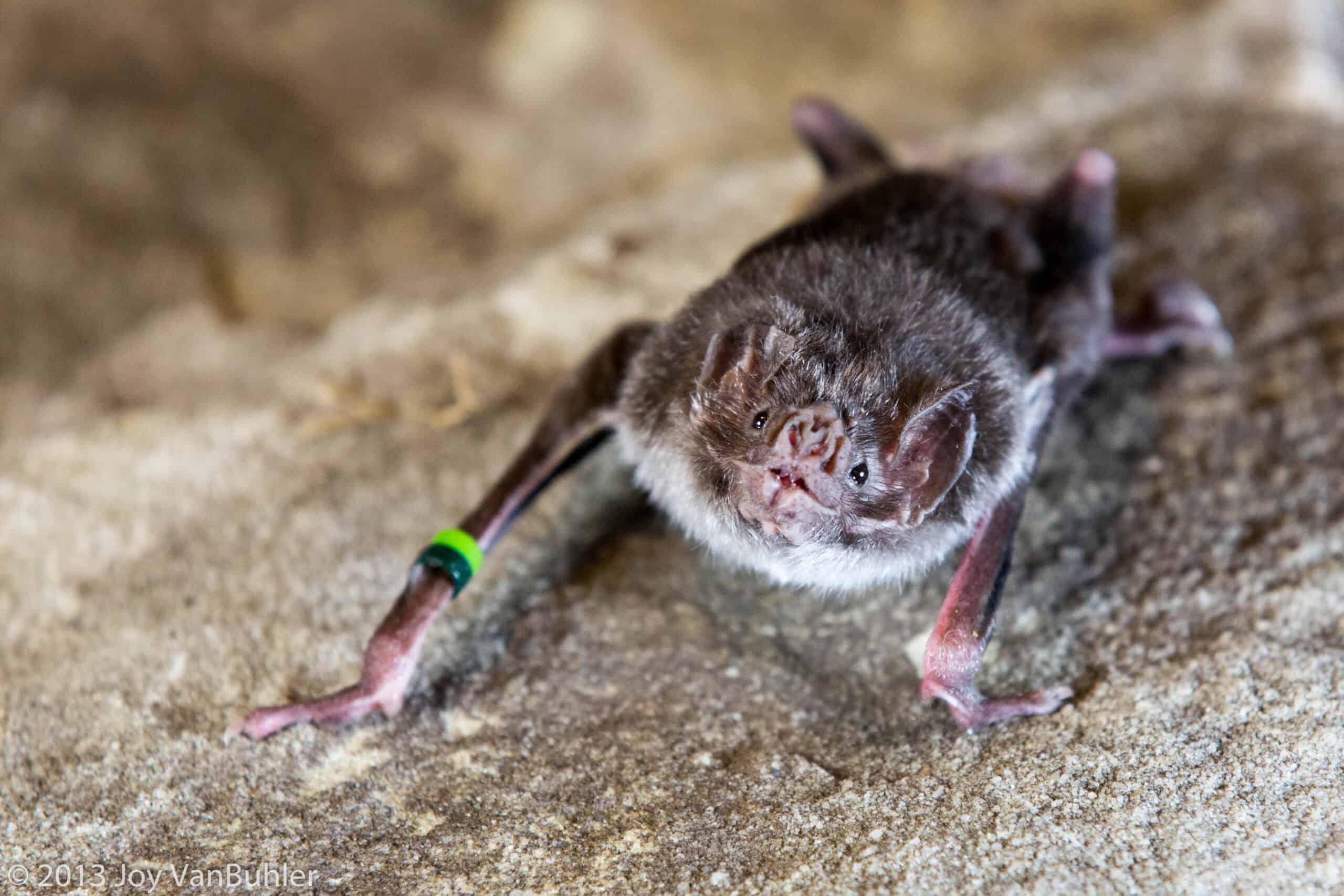Share this article
Administration budget would cut wildlife funding
The administration’s Fiscal Year 2021 budget (update June 2021 – see link to archived document here)proposal, released Feb. 10, includes steep cuts for many important wildlife management and conservation programs including the State and Tribal Wildlife Grants program and Cooperative Research Units.
The budget request, which does not have to be accepted by Congress, is the first step in setting the funding levels for the fiscal year beginning Oct. 1, 2020.
Department of the Interior funding would be decreased by 13% under the administration’s budget recommendations and the U.S. Fish and Wildlife Service would see a nearly 17% cut.
The budget proposal would halve funding for State and Tribal Wildlife Grants, a program that directly supports states, tribes and territories in keeping common species common and preventing wildlife from becoming threatened or endangered. In FY 2020, the program received $67.5 million in funding. The administration’s proposal would reduce the funding to $31.3 million for FY 2021.
The proposal also drastically reduces funding for the Land and Water Conservation Fund, including only $14.8 million for the program in FY 2021. In FY 2020, the program received $495 million. In Congress, efforts have been underway recently to ensure that the program receives the full, permanent funding of $900 million each year.
Both the North American Wetlands Conservation Act and the Neotropical Migratory Bird Conservation would receive stable funding in FY 2021 under the administration proposal, at $40 million and $3.9 million respectively.
The proposed budget for USFWS does contain a notable increase to $525.3 million for operations and maintenance of the National Wildlife Refuge System — the highest funding the program has ever received. The refuge system received $502.4 million in FY 2020. As a member of the Cooperative Alliance for Refuge Enhancement, TWS recommends funding the refuge system at $586 million annually.
Once again, the president’s budget would eliminate the Cooperative Research Units, which conduct actionable fish and wildlife research through partnerships that include the U.S. Geological Survey, state fish and wildlife agencies, host universities and the Wildlife Management Institute. In FY 2020, The Wildlife Society recommended providing at least $24 million for CRUs, allowing them to fill more than 30 vacant scientist positions. Congress provided $24 million in funding in FY 2020.
The budget proposal includes $83.5 million for the Bureau of Land Management wildlife habitat management program in FY 2021, a significant decrease from the $130.8 million enacted in FY 2020. It would also provide an increase for wild horse and burro management, requesting a funding level of $116.8 million, an increase from the $101.6 million provided by Congress in FY 2020, along with instructions to “mitigate the unstainable growth rate” of wild horses and burros on federal lands.
“The Wildlife Society supports robust funding for wildlife management and conservation programs,” said Caroline Murphy, AWB®, government relations manager at The Wildlife Society. “While we appreciate the recognition of important priorities for wildlife in the administration’s proposal, such as the National Wildlife Refuge System and the control of wild horses and burros on public lands, we are very concerned about the drastic cuts to the State and Tribal Wildlife Grants program and the proposed elimination of the Cooperative Research Units.”
Congressional appropriators may consider the administration’s recommendations as they draft the appropriations bills for FY 2021, but they are not required to follow them. Indications from
House and Senate leadership are that they will follow the overall spending levels the Congress set last year, rather than invoke the budget cuts suggested by the administration.
Header Image: The administration’s proposed budget for Fiscal Year 2021 would reduce funding for the Department of the Interior, including many wildlife programs. ©Lisa Hupp, USFWS








